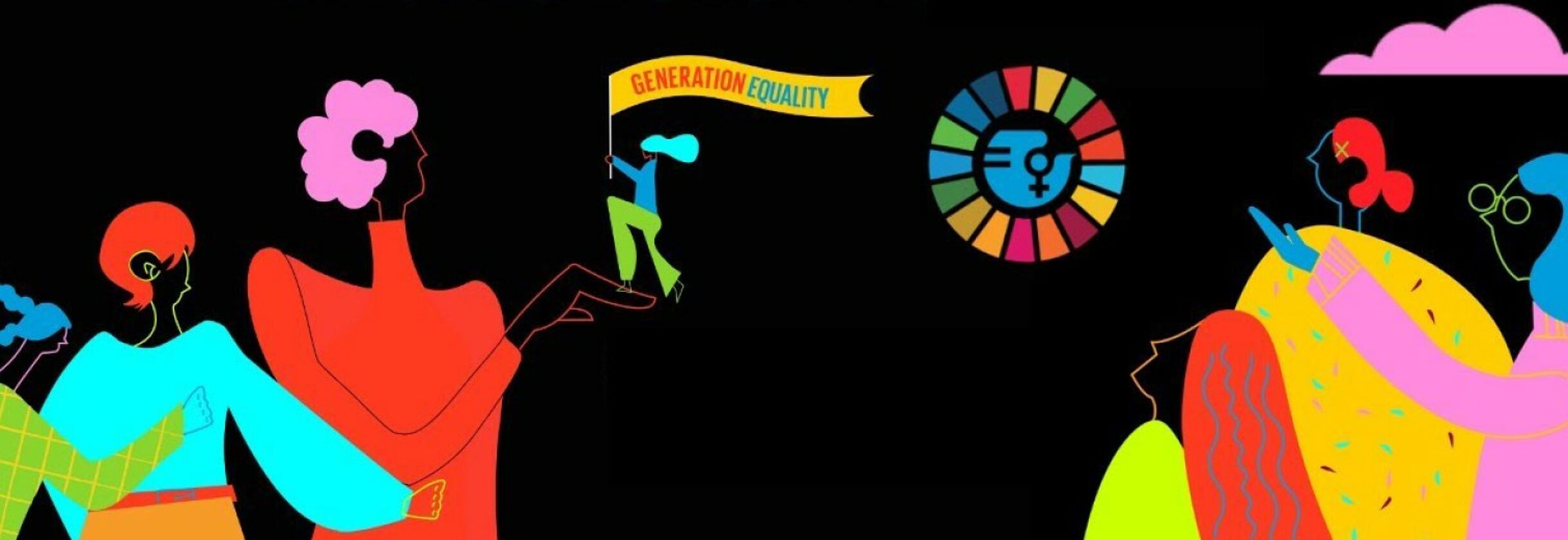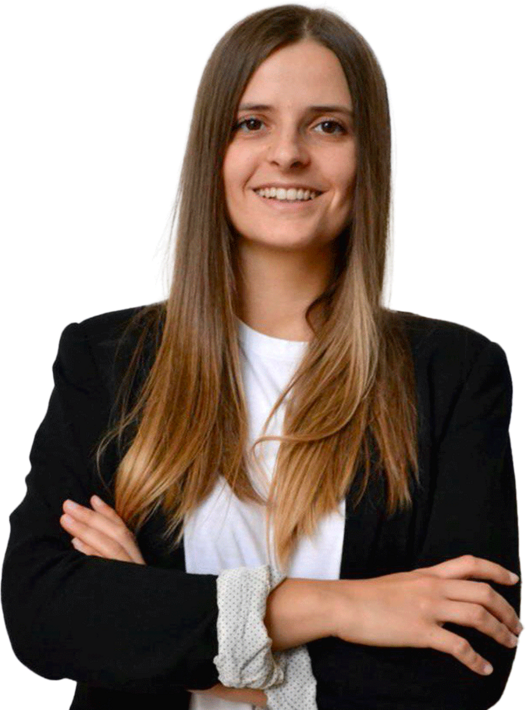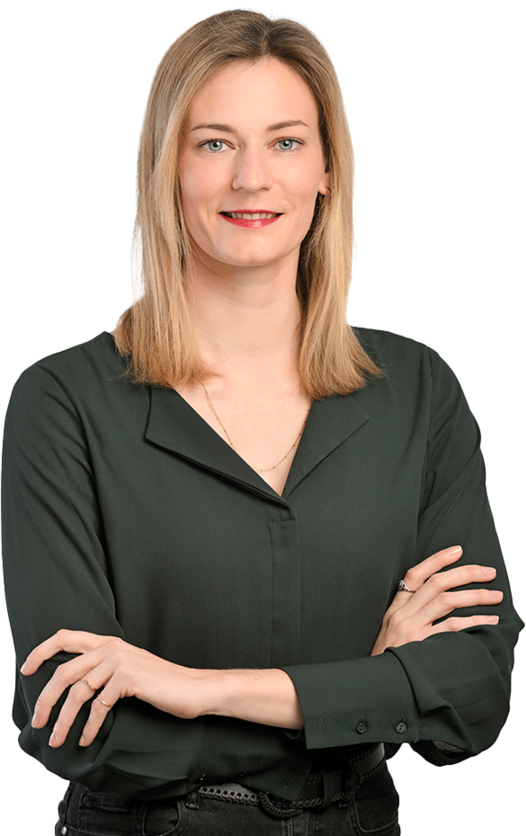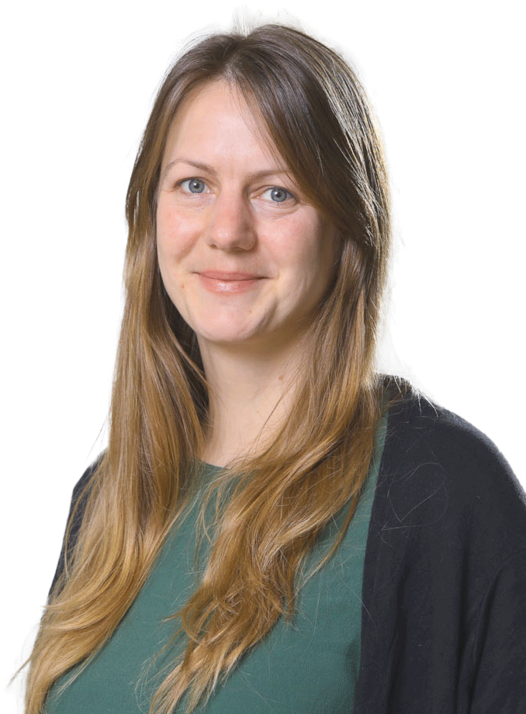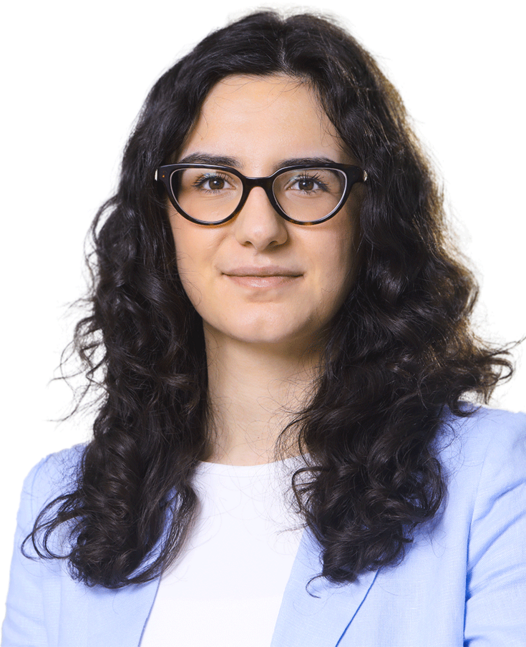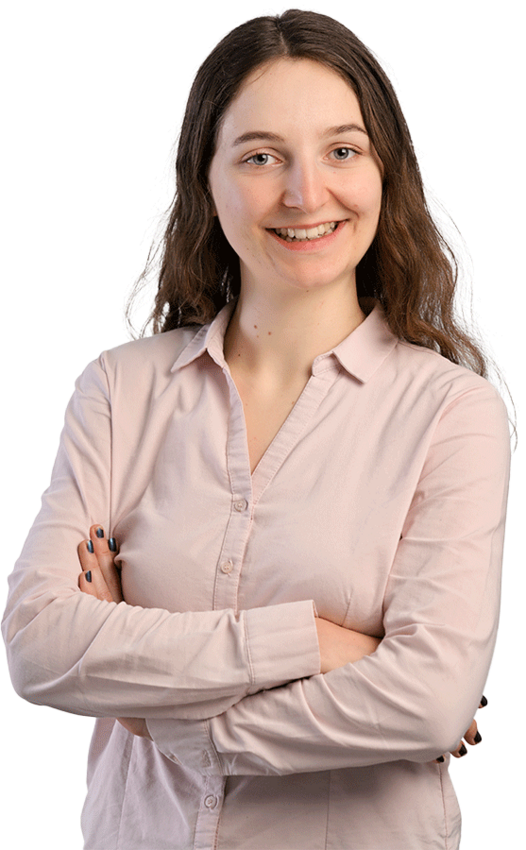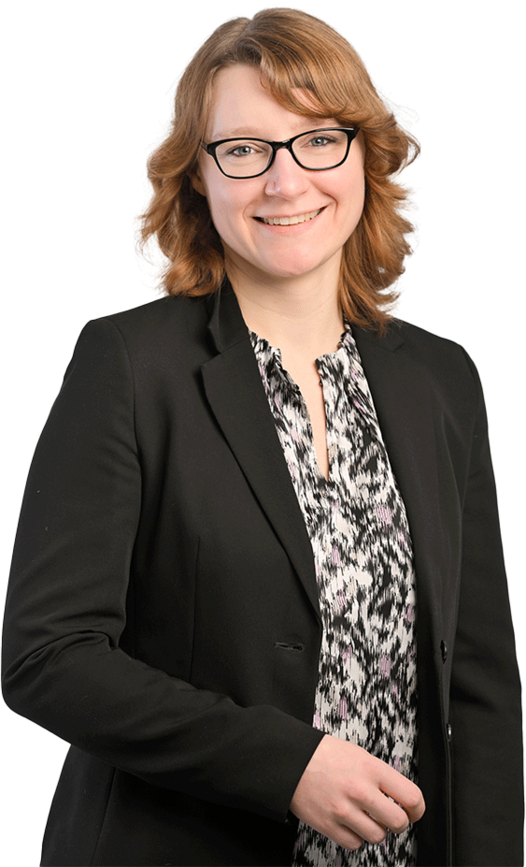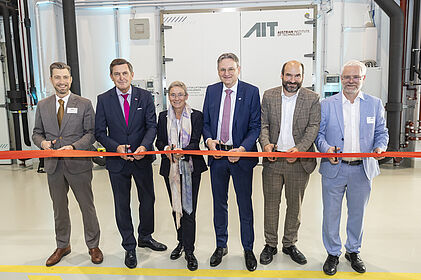Image credit: United Nations - UN Women/YIHUI YUAN
On this year’s UN International Day of Women & Girls in Science, and in line with its motto of “Bringing Everyone Forward for Sustainable and Equitable Development”, we are pleased to introduce eight young female scientists at AIT whose research activities are helping to drive sustainability and climate protection.

